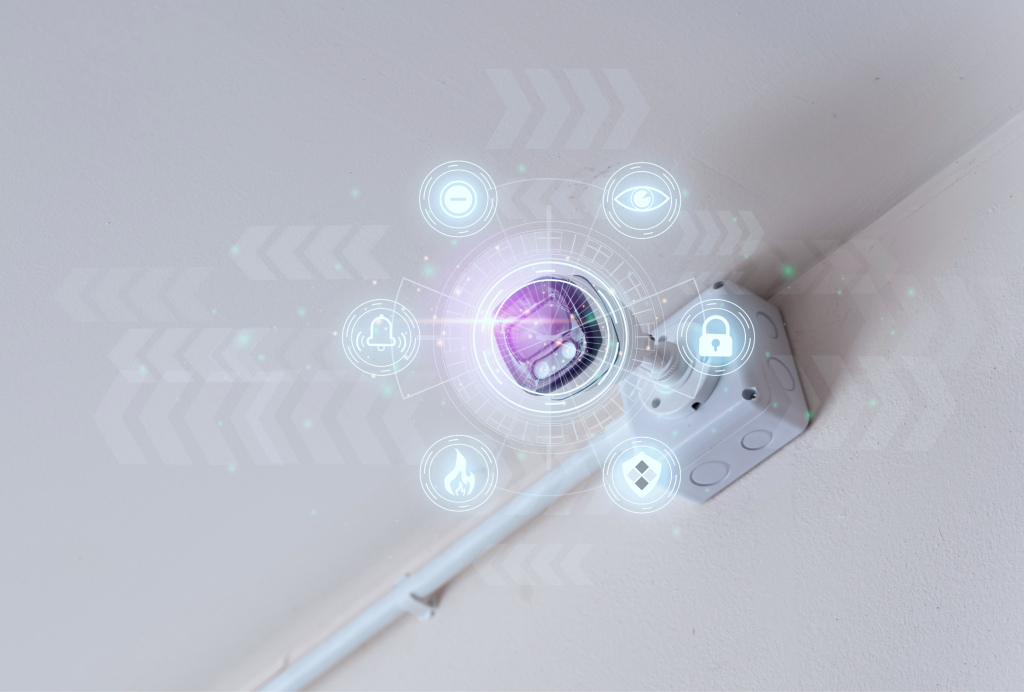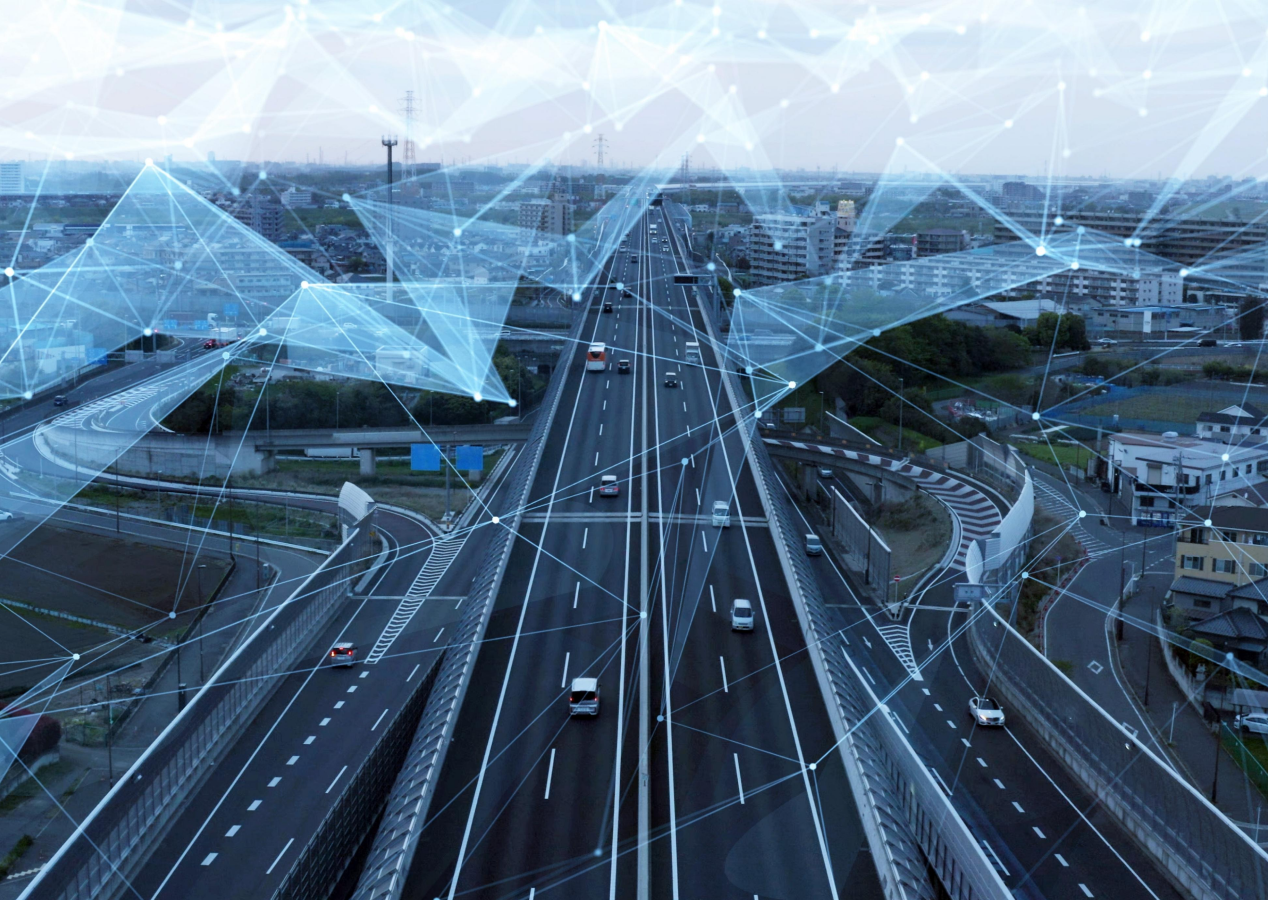In an era where security and convenience are paramount, access management systems have evolved significantly. Traditional gate control methods are rapidly being replaced by smart gate control solutions, which leverage cutting-edge technologies such as artificial intelligence (AI), cloud computing, and the Internet of Things (IoT). These advancements are redefining access management, making it more secure, efficient, and adaptable to modern needs.
The Evolution of Smart Gate Control Solutions
1. From Manual to Automated Systems
Historically, access control relied on manual methods such as physical keys, keypads, and security personnel. While effective, these methods presented challenges in terms of security risks, human error, and inconvenience. The introduction of automated gate control systems revolutionized access management by enabling remote operation and reducing the reliance on human intervention.
2. Integration of IoT and Cloud Computing
Modern smart gate control systems are now integrated with IoT technology, allowing gates to be connected to the internet for real-time monitoring and control. Cloud-based solutions offer centralized access management, enabling property owners and businesses to manage multiple entry points remotely. This integration enhances efficiency and eliminates the need for extensive on-site infrastructure.
3. AI-Powered Access Control
Artificial intelligence is playing a crucial role in the future of access management. AI-powered smart gate control systems can analyze access patterns, detect anomalies, and even predict security threats before they occur. These intelligent systems can differentiate between authorized and unauthorized individuals, reducing false alarms and enhancing security.
Key Features of Smart Gate Control Solutions
1. Biometric Authentication
Facial recognition, fingerprint scanning, and voice recognition are becoming standard in access management. These biometric methods provide enhanced security by ensuring that only authorized individuals gain access.
2. Remote Access and Mobile Control
Users can operate smart gates remotely via mobile apps, providing the convenience of granting or revoking access in real time. This is especially useful for homeowners, gated communities, and commercial facilities.
3. License Plate Recognition (LPR)
Advanced smart gate control solutions incorporate LPR technology, which automatically identifies vehicles and grants access based on pre-registered credentials. This feature is particularly beneficial for corporate parking lots and residential communities.
4. Seamless Integration with Security Systems
Smart gates can be integrated with CCTV cameras, alarm systems, and intercoms to provide a comprehensive security solution. This interconnected approach ensures a multi-layered security framework for residential and commercial properties.
5. Customizable Access Permissions
Administrators can define specific access permissions for different individuals or groups. For example, employees can be granted access during working hours, while visitors receive temporary access credentials.
The Future of Access Management
1. AI-Driven Predictive Access Control
Future smart gate systems will utilize AI-driven analytics to anticipate security risks and recommend actions proactively. These systems will learn user behaviors and flag unusual access attempts in real time.
2. Blockchain-Based Access Management
Blockchain technology is being explored as a means of securing access credentials. By decentralizing authentication data, blockchain-based access control reduces the risk of hacking and unauthorized access.
3. 5G-Enabled Smart Gates
The deployment of 5G technology will enhance the responsiveness of smart gate control systems. Faster data transmission speeds will enable real-time authentication, reducing wait times at entry points.
4. Eco-Friendly and Sustainable Solutions
Future access management solutions will incorporate energy-efficient components, such as solar-powered gates and low-energy communication protocols, to reduce environmental impact.
The future of access management lies in the seamless integration of smart gate control solutions with advanced security technologies. By leveraging AI, IoT, and cloud computing, modern access control systems are not only enhancing security but also improving operational efficiency. As technology continues to evolve, smart gate solutions will become even more intelligent, adaptive, and user-friendly, shaping the future of secure and convenient access management.







